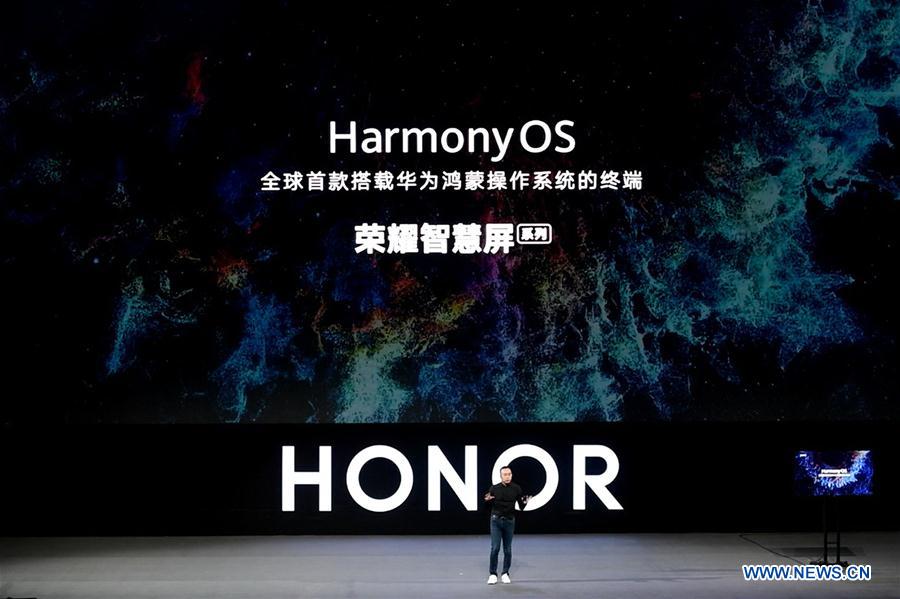And the journey finally begins


Shortly after Huawei Technologies Co unveiled its in-house operating system HarmonyOS, Zhu Xiaohu, a famous angel investor in China, said on a social networking platform: "In the future, the world will need at least two sets of underlying systems. Once trust is lost, it is impossible to rebuild it. This marks the beginning of US tech companies losing their monopolistic advantage."
Comments like Zhu's are not uncommon in China. Amid the ongoing US-China frictions, tech companies including Huawei have suffered from Washington's ban on purchasing any US-originated technologies without special government approval.
This has sent a warning to Chinese internet companies that have been accustomed to relying on crucial US technologies including operating systems, processors and open-source algorithm frames for years. They never expected that one day such underlying technical platforms would be unavailable.
Terry Gou, founder of Foxconn, the world's largest contract manufacturer of electronics, said in July that two systems will emerge in the world, one from the US and the other from China.
And such a shift may start with HarmonyOS. While most foreign media outlets framed the new system as Huawei's attempt to cope with Washington's ban on using Google's Android in its overseas smartphones, the Shenzhen-based company said the move means far more than that.
Huawei highlighted that it is a next-generation operating system designed to offer a smooth experience across multiple devices. It is not positioned to be just an alternative to Android but to rival the Fuchsia OS, a cross-device operating system Google is currently developing.
In today's technological world, most people don't have just one device, but several - a phone, tablet, desktop, laptop, wearables, and more. Google is working to make Fuchsia run on all of these seamlessly.
That is also what Harmony-OS is built for. Yu Chengdong, CEO of Huawei's consumer business group, said: "We're entering a day and age where people expect a holistic intelligent experience across all devices and scenarios. HarmonyOS will first be used for smart devices like watches, screens, speakers and in-vehicle systems."
Yu also highlighted that with HarmonyOS, software developers can make their apps once, then flexibly deploy them across a range of different devices."
So, HarmonyOS is not a catch-up game but Huawei's ambition to compete with Google in the future game of next-generation operating systems.
The biggest challenge for Huawei is how to build an ecosystem almost from scratch. Huawei currently has 910,000 third-party developers on its platform, but they all develop apps on a customized operating system based on Android. The company has to persuade them to adjust the apps for HarmonyOS.
In comparison, Google currently has about 20 million app developers for Android.
There is a long way to go, but at least Huawei has started the journey.



































